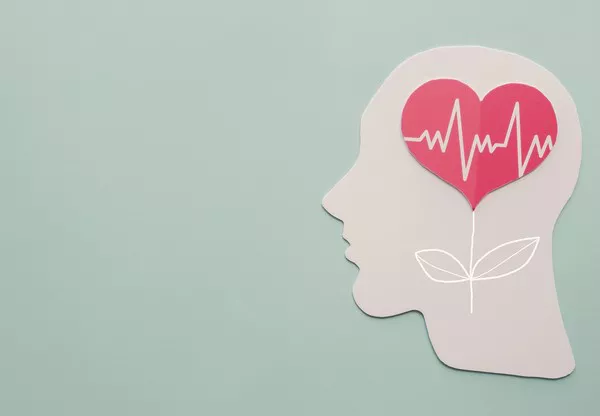Clinical depression, also known as major depressive disorder (MDD), is a serious mental health condition that affects millions of people worldwide. This article explores 5 primary causes of clinical depression, examining biological, psychological, and social factors that contribute to its onset.
Introduction to Clinical Depression
What is Clinical Depression?
Clinical depression is a mood disorder characterized by persistent feelings of sadness, hopelessness, and loss of interest in activities that were once enjoyable. It affects how a person thinks, feels, and behaves, often interfering with daily functioning and quality of life.
Prevalence and Impact
Depression is a prevalent mental health condition, with approximately 264 million people worldwide affected. It can occur at any age and is a leading cause of disability globally, affecting individuals’ ability to work, study, and maintain relationships.
Top 5 Causes of Clinical Depression
1. Biological Causes of Clinical Depression
Genetics and Family History
Genetic Predisposition: Individuals with a family history of depression are at higher risk of developing the disorder. Genetic studies suggest that certain genes may predispose individuals to depression by influencing neurotransmitter function and brain structure.
Neurochemical Imbalance
Neurotransmitter Dysregulation: Depression is associated with imbalances in neurotransmitters such as serotonin, dopamine, and norepinephrine. These chemicals play a crucial role in regulating mood, emotions, and stress responses.
Hormonal Changes
Endocrine Disorders: Disorders affecting the endocrine system, such as thyroid dysfunction or hormonal fluctuations during pregnancy or menopause, can contribute to depressive symptoms.
2. Psychological Causes of Clinical Depression
Cognitive Factors
Negative Thinking Patterns: Persistent negative thoughts, self-criticism, and cognitive distortions (e.g., catastrophizing, black-and-white thinking) can contribute to the development and maintenance of depression.
Personality Traits
Vulnerability Factors: Certain personality traits, such as low self-esteem, perfectionism, or a tendency towards pessimism, may increase susceptibility to depression during stressful life events.
Childhood Trauma
Early Adverse Experiences: Childhood trauma, including physical, emotional, or sexual abuse, neglect, or parental separation, can increase the risk of developing depression later in life.
3. Social and Environmental Causes of Clinical Depression
Life Stressors
Major Life Events: Significant life changes such as loss of a loved one, job loss, financial difficulties, or relationship problems can trigger or exacerbate depressive episodes.
Social Support
Social Isolation: Lack of supportive relationships or social connections can contribute to feelings of loneliness and increase the risk of depression.
Socioeconomic Factors
Poverty and Inequality: Socioeconomic factors, including poverty, unemployment, inadequate housing, and lack of access to healthcare, can contribute to chronic stress and increase vulnerability to depression.
4. Behavioral and Lifestyle Factors
Substance Abuse
Alcohol or Drug Use: Substance abuse, including alcohol, illicit drugs, or prescription medications, can worsen depressive symptoms or trigger episodes of depression.
Sleep Disturbances
Sleep Disorders: Insomnia or disrupted sleep patterns are common symptoms of depression and can exacerbate mood disturbances.
Poor Nutrition and Physical Health
Dietary Factors: Poor nutrition or imbalanced diets lacking essential nutrients can impact brain function and contribute to depressive symptoms.
5. Interaction of Causes
Multifactorial Nature
Complex Interplay: Depression often results from a combination of genetic, biological, psychological, and environmental factors. The interaction of these causes varies among individuals, contributing to the heterogeneity of depressive disorders.
See Also: Catatonic Schizophrenia: Causes, Symptoms, Diagnosis & Treatment
Conclusion
Understanding the multifaceted causes of clinical depression is essential for effective prevention, diagnosis, and treatment. While genetic predisposition, neurochemical imbalances, and psychological factors play significant roles, social determinants, life stressors, and behavioral factors also contribute to the development and course of depression. Early recognition of risk factors and timely intervention can help mitigate the impact of depression on individuals’ lives. By addressing these causes holistically, healthcare professionals can provide comprehensive support and improve outcomes for individuals affected by clinical depression.
For individuals experiencing symptoms of depression, seeking help from qualified mental health professionals is crucial. Treatment options may include psychotherapy, medication, lifestyle modifications, and social support networks to promote recovery and well-being.

